Opportunities to build community and resources to support those interactions abound at Princeton. Whether you are looking for individuals of similar background or those interested in a common cause, there are connections ready and waiting for you. Empower yourself to act and serve. Find the support you need. Princeton believes connection and learning are possible in many different ways.
Campus Centers Bring Students Together
You could meet friends at the social facility Campus Club, attend a discussion at the Carl A. Fields Center for Equality + Cultural Understanding, find supportive environments at the Gender + Sexuality Resource Center or take advantage of resources for international students at the Davis International Center.
The Office of Disability Services offers a range of services to ensure that students with disabilities have equal access to Princeton's academic and extracurricular opportunities. The Disability Services staff is available to meet with prospective students who are visiting the campus. McCosh Health Center, which is home to University Health Services, is a fully accredited health care facility that provides quality medical, mental health and wellness services to the University community.
Resources & Centers
AccessAbility Center
The AccessAbility Center is a new student gathering space on campus designed for universal access and intended to foster conversation about ability, access and difference. The mission of the AccessAbility Center is to provide opportunities for students to actively explore differing abilities, envision disability as part of diversity, and understand how difference can enrich the educational experience and lives of those in our campus community.
Carl A. Fields Center for Equality + Cultural Understanding
At the Fields Center, diverse perspectives and experiences of race, class, gender and their intersections are supported and challenged, questioned and answered. These values are cultivated through the celebration of heritage months, dialogues and discussions, the Princeton University Mentoring Program and the Carl Fields Fellows peer educator program.
Center for Jewish Life (Princeton Hillel)
The Center for Jewish Life embraces all Jewish students, amplifying connections to Jewish meaning, experience and community. The Center aspires to provide insights and pathways to help Princeton Jewish students live their lives as a sacred gift. They hope to help every student find their own voice within the larger narrative of the Jewish people — on their own terms — at their own level, but in ways that are deeply connected to the wisdom of our ancient tradition and linked to the opportunities and challenges of today’s complex world.
The Emma Bloomberg Center for Access and Opportunity
The Emma Bloomberg Center for Access and Opportunity advances Princeton's commitment to an inclusive student body. Its programs are designed to provide all students, including those from first-generation, low-income and underrepresented backgrounds, with the mentorship, academic enrichment and community that they need to thrive at Princeton.
The Gender + Sexuality Resource Center
The Gender + Sexuality Resource Center aims to facilitate conversations on gender and sexuality and provide training, education and resources for the Princeton community at large with a primary focus on the student experience. Those at the center work to create a more inclusive campus for transgender, women, two-spirit, femme, lesbian, gay, bisexual, queer, intersex, asexual, pansexual and the vast expanses of the a/sexual, a/gender and a/romantic communities of Princeton.
John H. Pace Jr. ’39 Center for Civic Engagement
The Pace Center supports efforts to identify and address issues of public concern, to be actively engaged citizens and to practice effective public leadership for the purpose of building stronger communities and societies throughout the world. The center helps undergraduate and graduate students make meaningful connections through learning, experience and reflection in service and civic engagement.
Office of Religious Life
The Office of Religious Life strives to encourage spiritual growth and maturity within Princeton University in ways that are appropriate for each community member: to promote empirical religious literacy in preparation for citizenship in globalized, multi-religious societies; to equip members of the University community with the ability to critically analyze religious traditions while practicing them; and to teach respect to practicing and nonpracticing community members.
Undergraduate Student Government
Dedicated to the philosophy that students should be directly involved in the decisions that affect them, the Undergraduate Student Government serves as the primary representative and liaison of Princeton undergraduates to the faculty, administration, trustees and broader community.
John H. Pace Jr. ’39 Center for Civic Engagement
Community service is a passion for many of our students and is a central part of their Princeton experience. The Pace Center for Civic Engagement is the hub for experiential service opportunities on and off campus, through such groups as the Student Volunteers Council and Community House. At the Pace Center, students learn how to serve and how to learn from service, in addition to having a positive impact on the individuals and communities with whom they work. Eighty-nine percent of students say service helps them feel like they belong at Princeton.
Learn More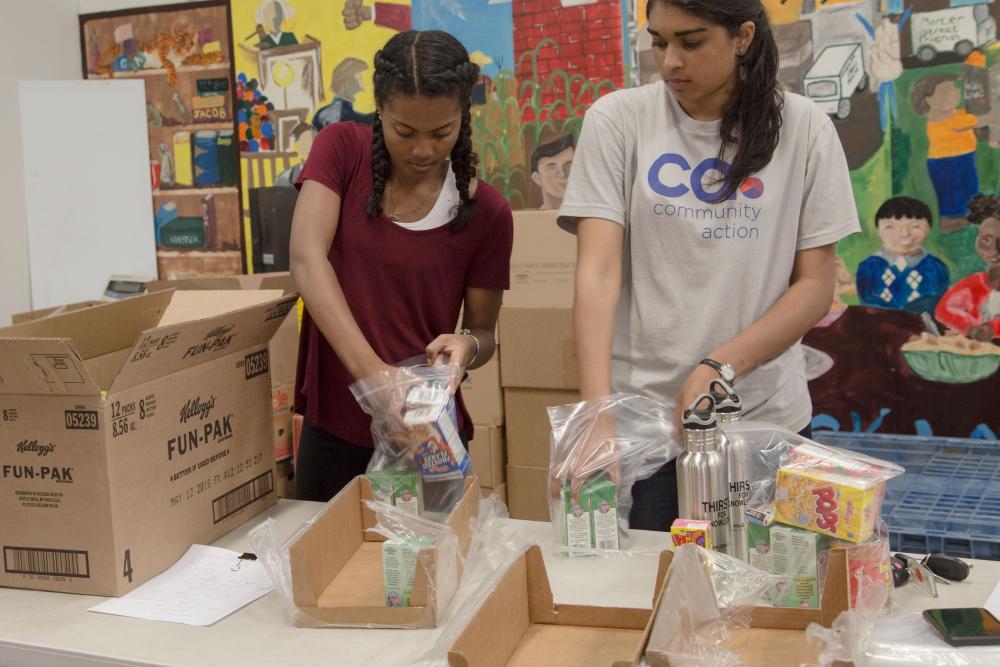
John H. Pace Jr. ’39 Center for Civic Engagement
Community service is a passion for many of our students and is a central part of their Princeton experience. The Pace Center for Civic Engagement is the hub for experiential service opportunities on and off campus, through such groups as the Student Volunteers Council and Community House. At the Pace Center, students learn how to serve and how to learn from service, in addition to having a positive impact on the individuals and communities with whom they work. Eighty-nine percent of students say service helps them feel like they belong at Princeton.
Learn More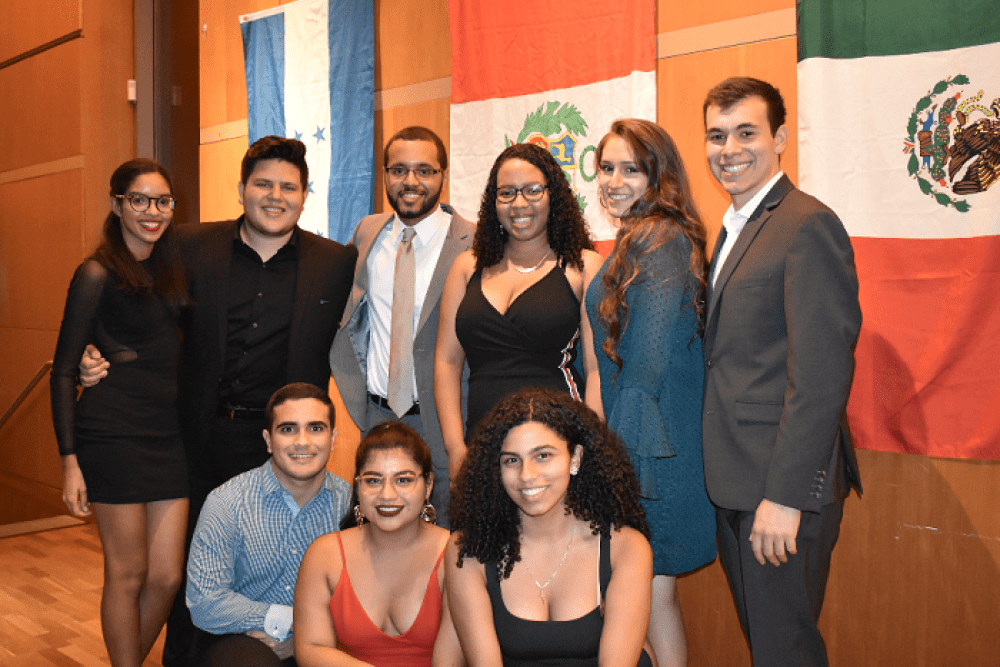
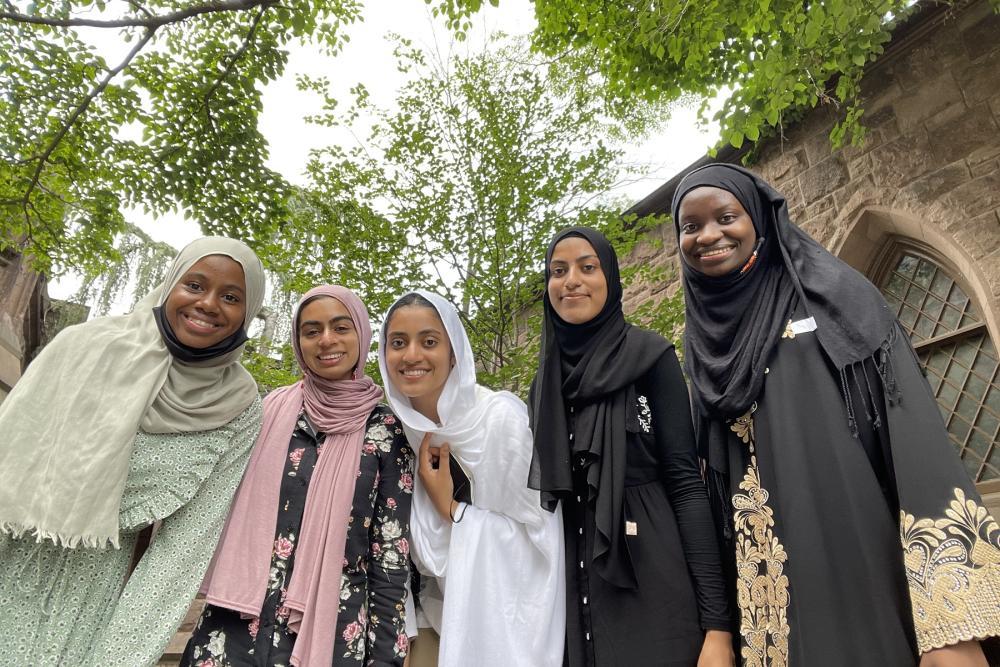
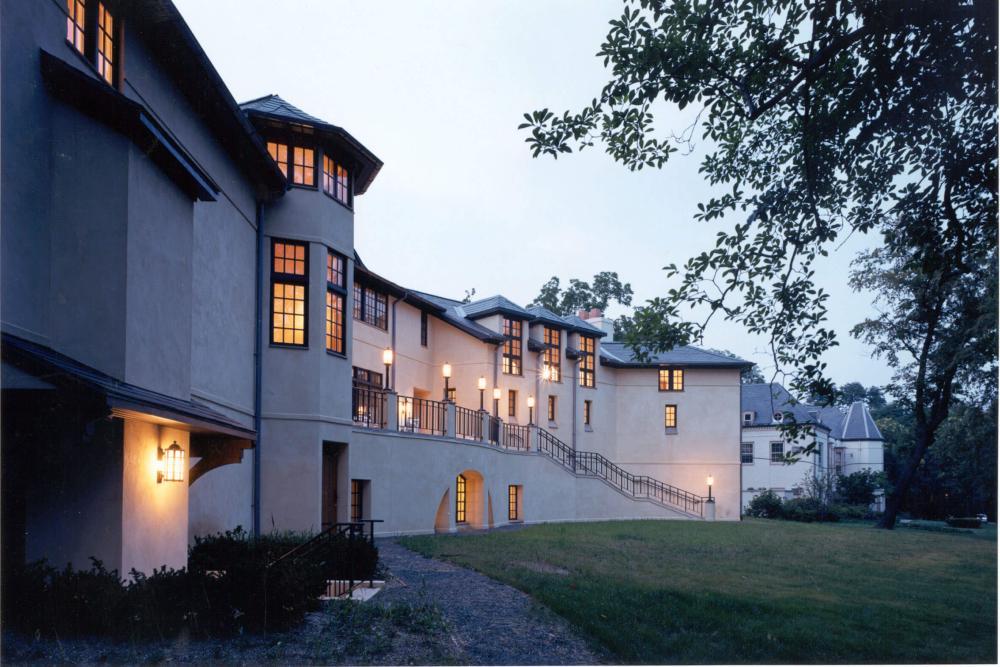
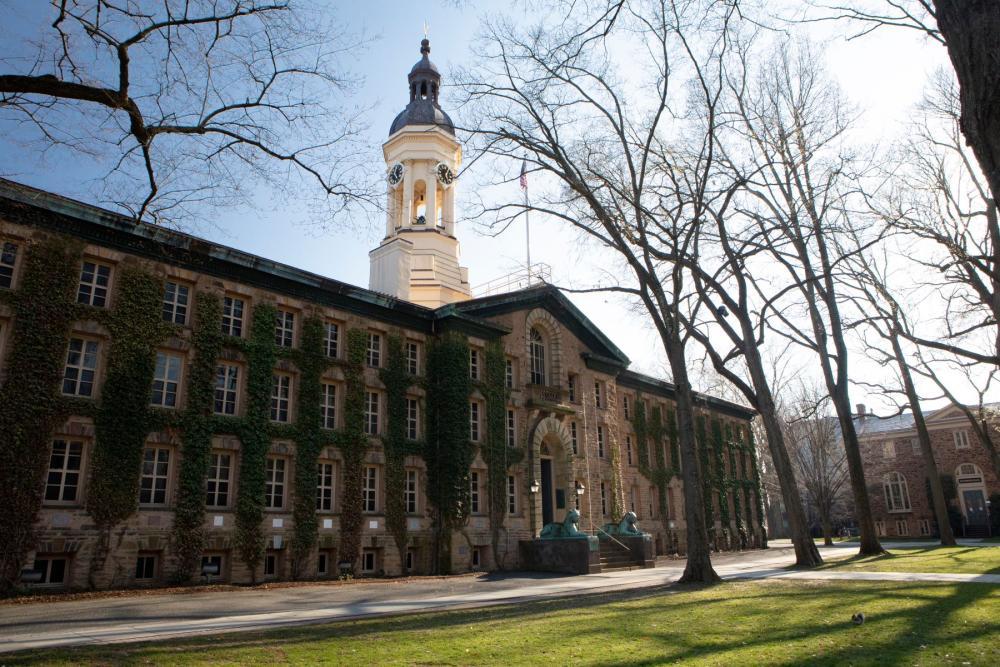
University’s Annual Security and Fire Safety Report
Your safety is important to Princeton University. In accordance with the Jeanne Clery Disclosure of Campus Security Policy and Campus Crime Statistics Act (“Clery Act”), all prospective and current employees and students are invited to read the University’s Annual Security and Fire Safety Report. The Report outlines the University’s safety and security policies, crime prevention efforts, fire safety information and statistics on certain crimes. A paper copy is available upon request at the Department of Public Safety, 200 Elm Drive, at the Communications Center window.






